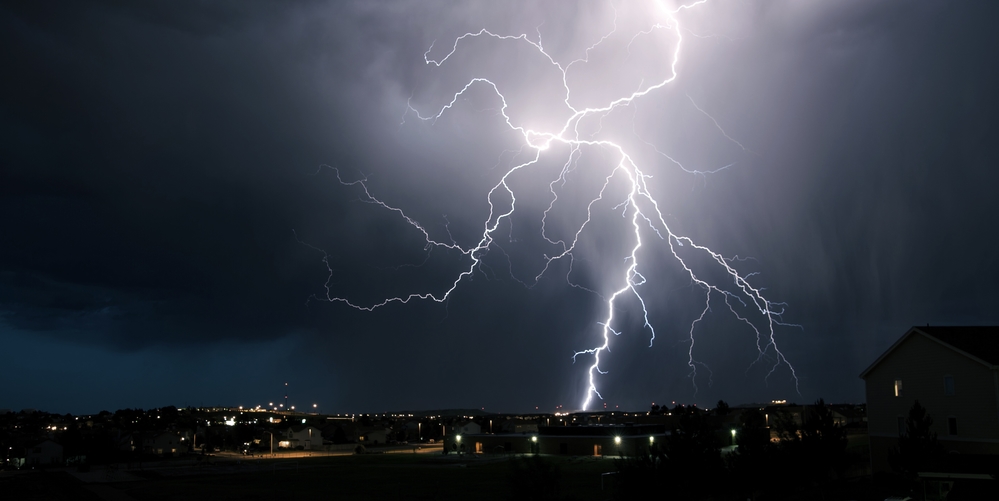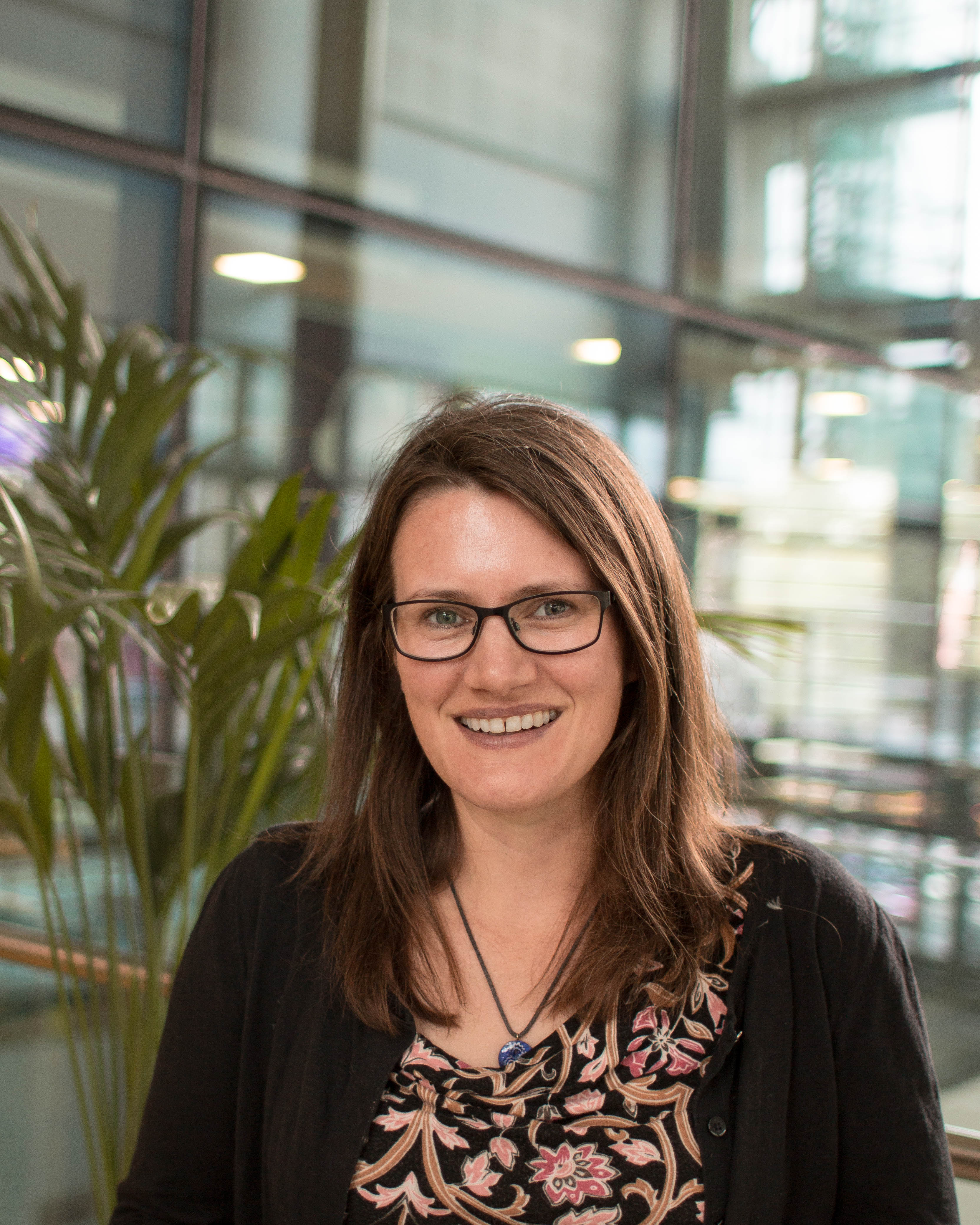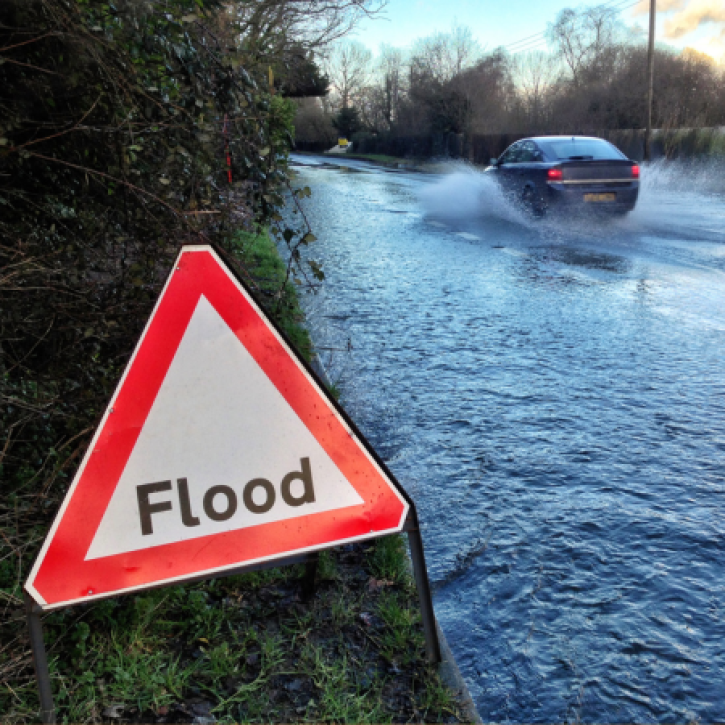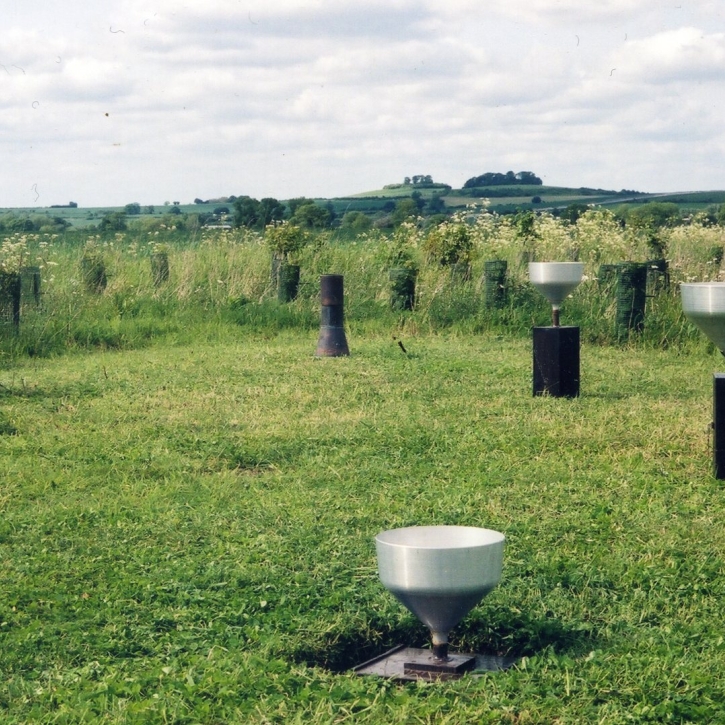

Gordon Manley Memorial Lecture
LOCATION
Durham University
The Palatine Centre
Stockton road
Durham
DH1 3LE
This years Gordon Manley Lecture on Rapidly Intensifying Extreme Weather Events in a Warming World: Implications for Science, Practice and Policy.
The intensification of extreme precipitation in a warming climate has been shown in observations and climate models to follow approximately theoretical Clausius-Clapeyron scaling. However, larger changes have been indicated in events of short-duration which frequently trigger flash floods or landslides, causing loss of life. At the same time heatwaves and associated droughts and water shortages are increasing in frequency. Together these provide cascading impacts on water quality, agricultural production and other societal necessities. Continental-scale convection-permitting climate models (CPCMs) and new observational datasets provide the state-of-the-art in understanding future changes to extreme weather (rainfall, wind, hail, lightning) and their compounding effects with global warming. But climate models are underestimating the rate of change of warming in the real world, and the increase in associated extreme weather events due to their poor representation of dynamical circulation changes and feedbacks from land, ocean and ice dynamics. It will be argued that a shift in focus is needed from our reliance on climate models towards embedding different lines of evidence in a transdisciplinary storylines approach. Ultimately we must work together across disciplines to address these rapid changes and co-create actionable information that can be quickly embedded into policy and practice, using this approach to improve both early warning systems and projections of extreme weather events for climate adaptation.
Venue: TLC033
(Teaching and Learning Centre)
Durham University, Lower Mountjoy, Durham City
Speaker

Hayley J. Fowler is Professor of Climate Change Impacts in the School of Engineering at Newcastle University. Her research focuses on improved physical understanding of changing precipitation extremes and providing better projections for climate adaptation; winning the EGU’s Sergey Soloviev Medal in 2024. She is a Fellow of the American Geophysical Union (2018) and was a Royal Society Wolfson Research Fellow (2014-19) for her work on understanding climate change impacts on hydrological risks, from extreme rainfall and flooding to droughts. She is Chief Editor of Frontiers in Interdisciplinary Climate Studies and was a Contributing Author to Chapter 8: Water Cycle and Chapter 11: Extremes for the IPCC 6th Assessment Report WGI. From 2021-2023, she was President of the British Hydrological Society, and bridges between the hydrological, meteorological and climate communities, with her role on the Met Office Hadley Centre Climate Programme Science Review Group . She advises the UK government on climate risks and resilience through her roles on the Strategic Advisory Board for the Rural and Environment Science and Analytical Services Division in Scotland and on the Department for Energy Security and Net Zero’s Science Expert Group. She is passionate about engagement with the public, policy and industry, leading several co-created projects with industry around climate resilience, being part of the Weather Risk Task Force for Network Rail and helping develop their new Weather Academy, as well as regularly delivering public lectures, taking part in panel discussions and working with schools to engage the public and beyond on the climate crisis.
Registration
REGISTRATION IS NOW CLOSED
Registration for this event is closed.
If you have any queries with regards to this event or require any further information please contact us at meetings@rmets.org.
We take data privacy seriously. Please read the RMetS privacy policy to find out more.
This years Gordon Manley Lecture on Rapidly Intensifying Extreme Weather Events in a Warming World: Implications for Science, Practice and Policy.
The intensification of extreme precipitation in a warming climate has been shown in observations and climate models to follow approximately theoretical Clausius-Clapeyron scaling. However, larger changes have been indicated in events of short-duration which frequently trigger flash floods or landslides, causing loss of life. At the same time heatwaves and associated droughts and water shortages are increasing in frequency. Together these provide cascading impacts on water quality, agricultural production and other societal necessities. Continental-scale convection-permitting climate models (CPCMs) and new observational datasets provide the state-of-the-art in understanding future changes to extreme weather (rainfall, wind, hail, lightning) and their compounding effects with global warming. But climate models are underestimating the rate of change of warming in the real world, and the increase in associated extreme weather events due to their poor representation of dynamical circulation changes and feedbacks from land, ocean and ice dynamics. It will be argued that a shift in focus is needed from our reliance on climate models towards embedding different lines of evidence in a transdisciplinary storylines approach. Ultimately we must work together across disciplines to address these rapid changes and co-create actionable information that can be quickly embedded into policy and practice, using this approach to improve both early warning systems and projections of extreme weather events for climate adaptation.
Venue: TLC033
(Teaching and Learning Centre)
Durham University, Lower Mountjoy, Durham City
Speaker

Hayley J. Fowler is Professor of Climate Change Impacts in the School of Engineering at Newcastle University. Her research focuses on improved physical understanding of changing precipitation extremes and providing better projections for climate adaptation; winning the EGU’s Sergey Soloviev Medal in 2024. She is a Fellow of the American Geophysical Union (2018) and was a Royal Society Wolfson Research Fellow (2014-19) for her work on understanding climate change impacts on hydrological risks, from extreme rainfall and flooding to droughts. She is Chief Editor of Frontiers in Interdisciplinary Climate Studies and was a Contributing Author to Chapter 8: Water Cycle and Chapter 11: Extremes for the IPCC 6th Assessment Report WGI. From 2021-2023, she was President of the British Hydrological Society, and bridges between the hydrological, meteorological and climate communities, with her role on the Met Office Hadley Centre Climate Programme Science Review Group . She advises the UK government on climate risks and resilience through her roles on the Strategic Advisory Board for the Rural and Environment Science and Analytical Services Division in Scotland and on the Department for Energy Security and Net Zero’s Science Expert Group. She is passionate about engagement with the public, policy and industry, leading several co-created projects with industry around climate resilience, being part of the Weather Risk Task Force for Network Rail and helping develop their new Weather Academy, as well as regularly delivering public lectures, taking part in panel discussions and working with schools to engage the public and beyond on the climate crisis.
Registration
REGISTRATION IS NOW CLOSED
Registration for this event is closed.
If you have any queries with regards to this event or require any further information please contact us at meetings@rmets.org.
We take data privacy seriously. Please read the RMetS privacy policy to find out more.





